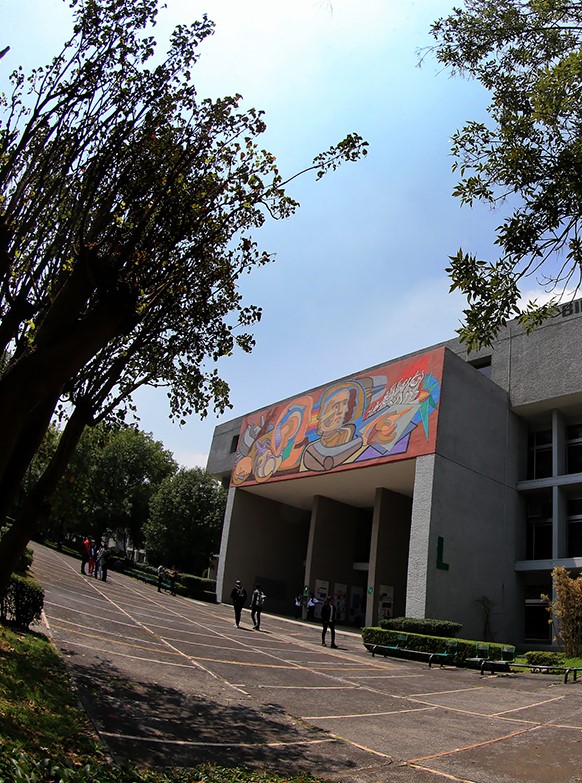Academic Group
Sustainable Development Goals
Research interests
• Descriptive zoogeography of the native terrestrial mammals of Mexico
•
Systematics of small mammals
•
Ecology of small mammals
•
Reproduction and life histories in rodents
•
Reproductive ecophysiology of rodents
Profile
Professor Aurora Alondra Castro Campillo graduated in Biology from the Universidad Autónoma Metropolitana (UAM) Iztapalapa campus, dedicating herself ever since to mammalogy. She earned her Master of Science (Biology) from the Department of Wildlife & Fisheries Sciences, Faculty of Agriculture, Texas A&M University, and her Ph.D. in Science (Biology) from the Universidad Nacional Autónoma de México (UNAM). Both postgraduate degrees addressed Systematics studies in rodents.
All of her research has been done with micro and mesomammals from temperate forests, as well as a collaborator from her beginnings until now when she is responsible for research projects. To date, she continues to collaborate with its group members and academic body in the projects they direct. Regarding her study area, she prioritizes working within zones under pressure from large cities, such as the national parks surrounding CDMX. The Transvolcanic Belt, the Sierra Madre Oriental, and the Sierra Norte de Oaxaca are among its other study areas.
Founder, member, vice president, and president of the Mexican Association of Mastozoology, A.C., she has also participated in the American Society of Mammalogists, Texas Scientific Society, The Southwestern Association of Naturalists, the Mexican Society of Natural History, and the Mexican Scientific Society of Ecology. She belonged to the SNI and currently receives the distinctions of our house of studies.
She has written more than 70 scientific works, including articles, book chapters, and books specializing in native land mammals of Mexico. Her topics of interest have allowed her to address the natural and life history of many species, but she has concentrated on the genus Peromyscus of wild mice and the Thomomys genus of small gophers; For her work, she has also published on bats and other micro and mesomammals.
As for professor Aurora Castro's lines of research, her contributions include the systematics and taxonomy of Mexican land mammals, their population and community ecology, their reproductive ecophysiology, as well as the patterns of their distribution in the Republic, all of which contribute to the knowledge and conservation status of those animals.
She is currently venturing into the reproductive ecophysilogy of small mammals to understand how xenoestrogens (diet) and pollution (atmospheric) affect their perpetuation. Likewise, she has always cultivated the use of morphometric data to statistically analyze several aspects of growth, maturation, and changes in the shape of the skull in relation to the life histories, adaptations, and evolution of rodents.
Professor Aurora Castro has trained bachelor's and mainly master's students in mammalogical subjects and has participated in master's and doctorate committees. She always attends the Mexican Academy of Sciences invitations to publicize the diversity of wild mammals and seek their conservation. Likewise, she presents exhibitions on mammals at the UAM Iztapalapa campus Science and Humanities Fair with her work group and academic body, as well as with undergraduate and master's students.
At UAM Iztapalapa campus, she entered as an hourly teacher when she was an intern for her bachelor's degree, and then, after graduating, she obtained a 15-hour place for one year. Upon her return from her master's degree, she worked freely at UAM Iztapalapa campus until obtaining a definitive position in 1989. She has taught various subjects alone or in collegiate training, including vertebrates, mammals, evolution, biogeography, and general biology. She currently teaches in the general trunk of DCBS degrees and in the bachelors and master's of Biology.
She has been a member and coordinator of various commissions at DCBS and the Department of Biology, being head of that department. She currently participates in the Ethics Commission to revise the DCBS' research projects and in the educational Commissions of several UEAs of the DCBS (GT and Biology). She has taken various constructivism and ICT courses for teaching.
Information provided by the academic staff
